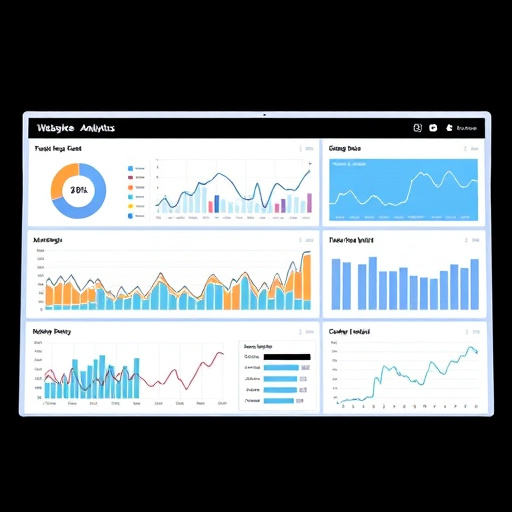Schema markup implementation using JSON-LD is a powerful SEO strategy for businesses in competitive markets like Dallas. It enhances online visibility by providing search engines with structured data about web page content, improving rankings and driving more traffic. For local SEO efforts, it highlights unique business aspects to potential clients, making businesses more discoverable. The process involves identifying data types, creating JSON-LD scripts, embedding them in HTML code, and testing with tools like Google’s Structured Data Testing Tool. This boosts global and local search rankings, enriches search results, and stands out among competitors.
In the digital landscape, structured data is vital for search engine optimization (SEO) and enhancing user experiences. This article explores the crucial role of Schema Markup Implementation and how JSON-LD (JavaScript Object Notation for Linked Data) simplifies the process. We’ll delve into the benefits of Schema Markup, introduce JSON-LD, and provide a step-by-step guide to its practical implementation. Discover how this powerful tool can revolutionize your website’s visibility and interactivity.
- Understanding Schema Markup and Its Benefits
- Introduction to JSON-LD (JavaScript Object Notation for Linked Data)
- Implementing Schema Markup with JSON-LD: Step-by-Step Guide
Understanding Schema Markup and Its Benefits

Schema markup implementation is a powerful tool for any website looking to enhance its online visibility and performance. It involves using structured data to provide search engines with valuable insights about the content on a page, enabling them to better understand and interpret it. This process is where Schema Markup comes into play, offering a structured language that allows developers to communicate complex information efficiently. By adding specific tags to web pages, Schema Markup provides search engines with detailed context, leading to improved search results and ultimately driving more traffic to your site.
One of the key benefits of Schema Markup implementation is its positive impact on search engine optimization (SEO). It helps search engines index content accurately, resulting in better rankings for relevant keywords. For businesses like those offering web design services or digital marketing solutions in Dallas, this means increased visibility and a higher chance of attracting potential clients searching for specialized local services. With Schema Markup, you can highlight specific aspects of your business, such as service offerings, client testimonials, or unique selling points, making it easier for customers to find and choose your company among competitors.
Introduction to JSON-LD (JavaScript Object Notation for Linked Data)

JSON-LD (JavaScript Object Notation for Linked Data) is a powerful tool that revolutionizes the way we implement schema markup. It’s an efficient and standardized method to structure data within web pages, enhancing search engine understanding of your website’s content. By using JSON-LD, you enable search engines like Google to interpret important details about your business, products, or services directly from your site’s code.
This format is particularly beneficial for web design Arlington and local SEO Frisco efforts. A well-structured schema markup can significantly boost a website’s visibility in local searches, attracting more potential customers. Many reputable website design agencies leverage JSON-LD to create intricate data structures, ensuring their clients’ websites stand out in a competitive online landscape.
Implementing Schema Markup with JSON-LD: Step-by-Step Guide

Implementing Schema Markup with JSON-LD is a straightforward process that enhances your website’s structure and visibility to search engines. Here’s a step-by-step guide to help you navigate this powerful tool for web design services. Start by identifying the type of data you want to structure, whether it’s product information, event details, or reviews—each requires a specific schema. Next, create a JSON-LD script by defining your chosen schema using JavaScript Object Notation (JSON). This involves structuring your data in a hierarchical format that search engines can easily interpret. Once your JSON-LD script is ready, embed it within the “ section of your webpage’s HTML code.
After embedding, test your implementation using tools like Google’s Structured Data Testing Tool or other schema markup validation services to ensure accuracy and correctness. A successful implementation will help not only with global search rankings but also with local search optimization by providing rich snippets in search results, making your business stand out among competitors, and even assisting in local citation services.
JSON-LD plays a pivotal role in modernizing schema markup implementation, offering a straightforward and machine-readable approach. By adopting JSON-LD, businesses can efficiently structure data, enhancing search engine optimization (SEO) and providing richer snippets on search results pages. This article has guided you through the process, from understanding schema markup’s value to implementing it with JSON-LD, empowering you to harness its potential for better online visibility.














